Family thankful for Brake Safety Day semi checks after fatal crash on I-94 in May
PLEASANT PRAIRIE -- Wisconsin State Patrol officials had a unique focus Thursday, September 7th: the brakes on semi trucks. One Southeast Wisconsin family was especially grateful for commercial Brake Safety Day.
Semi drivers are used to tipping the scales at the Safety and Weight Enforcement facility just over the state line in Kenosha County. But Thursday, a number of trucks had to pass a different test.
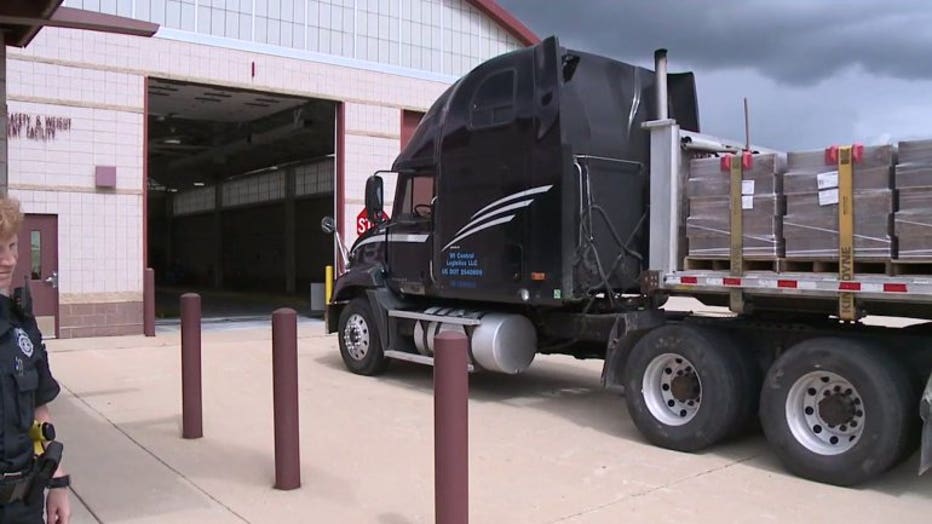
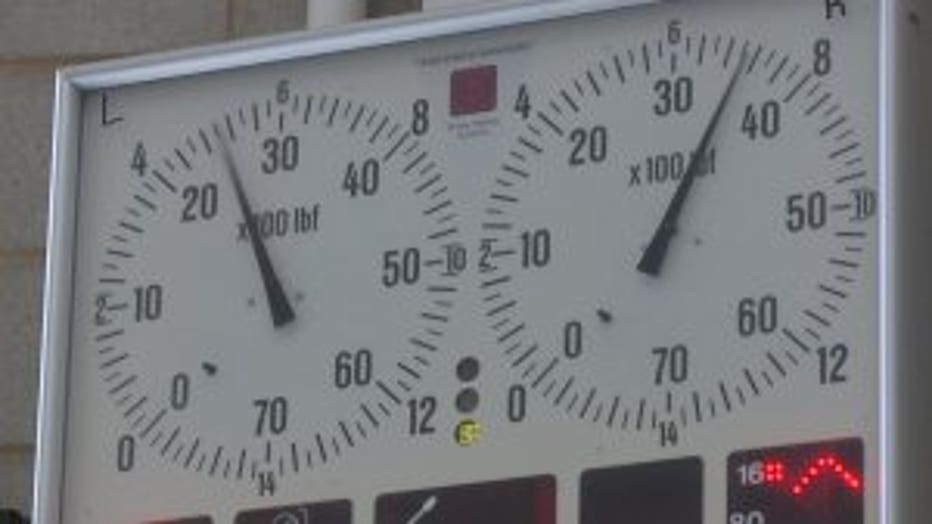
"We're checking the braking efficiency of a vehicle, and what that's doing is, it's looking at the weight that's on the vehicle and then measuring the brake force it's putting out and then calculating that out to see how efficient that brake is," explained Sergeant Anne Maxson with the Wisconsin State Patrol.
Some of the drivers were flagged over for a brake test because of something detected by the scale. Others were picked randomly. Those who did not pass were held for an extended inspection.
"We can go underneath and we can take another look and see what is causing that vehicle or that brake not to be doing good," said Maxson.
The testing was especially relevant after the accident that killed Jay Tichelaar on May 22nd. The Brookfield man was coming home from Madison when a brake drum ruptured on a truck along I-94 in Jefferson County. A piece of drum flew through the windshield of Tichelaar's SUV, killing him on impact.

Jay and Joleen Tichelaar
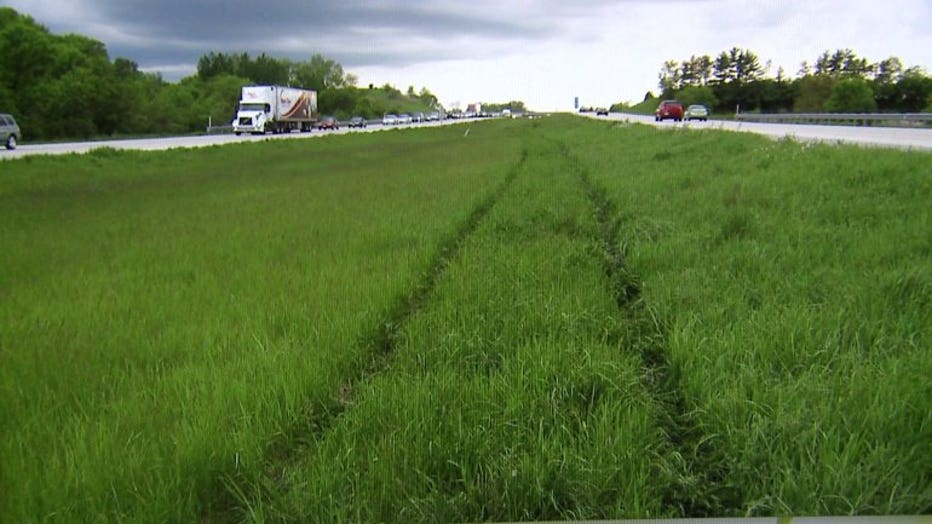
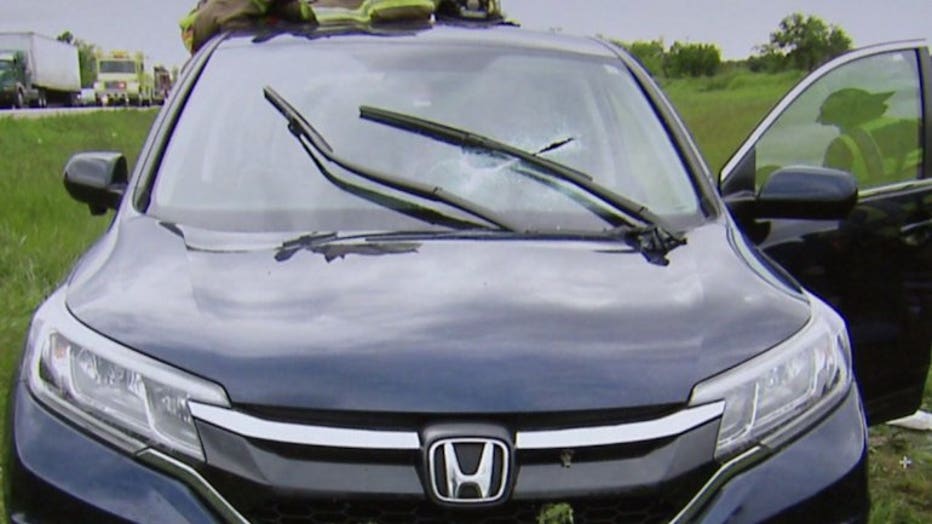
Jay Tichelaar's vehicle
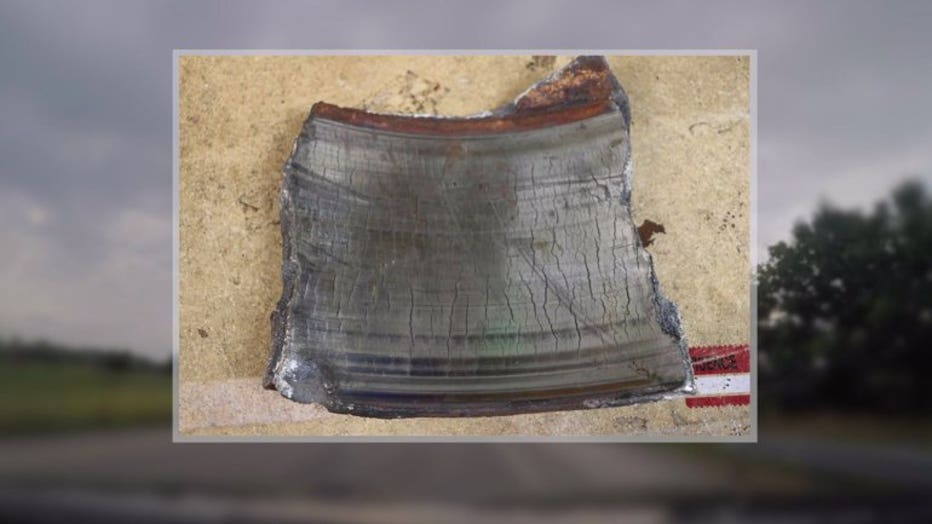

Jay Tichelaar
"Until we know the reason why there was this brake failure and why the brake drum came flying through my husband's windshield, we don't know how to prevent this from happening again to another family," said Joleen Tichelaar, Jay's wife.
The State Patrol is still looking for the truck: a black Freightliner that had had a dirty white trailer. While that investigation remains open, the inspections aim to keep other trucks from putting drivers at risk.
Testing has its limits
Sgt. Maxson said the testing only applies to trucks at their weight during the time of the test. That means a truck with a lighter load might pass the test but could possible fail if it were at its full load capacity. Maxson said all officials can do is warn drivers in such situations.
"When we check those empty, lighter vehicles, we’ll tell the drivers, ‘this is what the readings are based on right now, as-is conditions. As you change your weights, you change you axle spacing, that is going to affect your brake reading,’" Maxson said, "So we don’t want them to leave out of here with a false sense of security."
Continental testing
Thursday's safety inspections were going on in all 50 states, as well as Canada and Mexico. These were announced ahead of time but there's also a day of unannounced checks that happens every spring.

